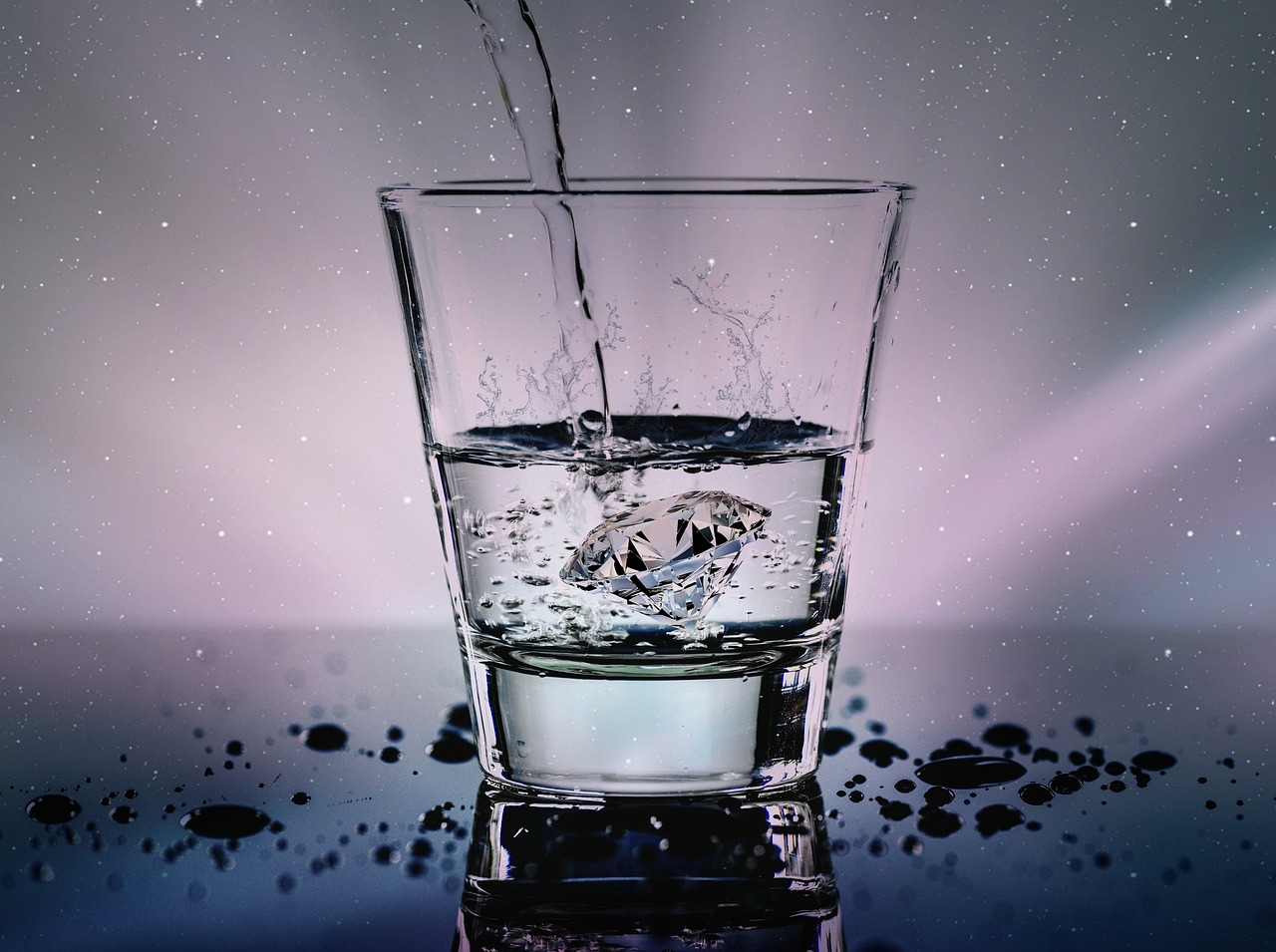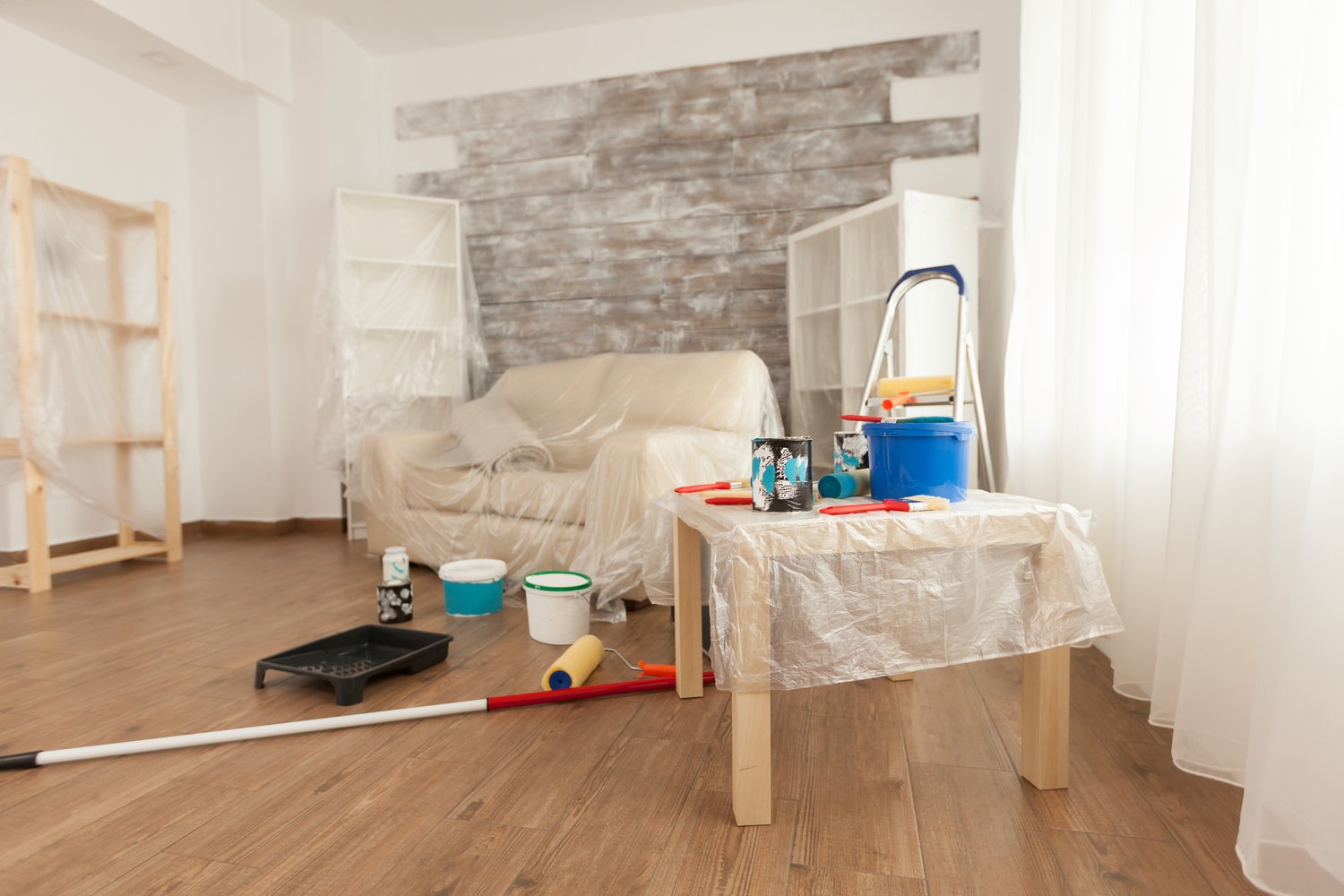Hard water is a common household problem affecting millions of homes across the country, leaving behind stubborn mineral deposits on fixtures, causing appliance damage, and reducing the effectiveness of soaps and detergents. When it comes to treating hard water at home, homeowners typically face a choice between traditional salt-based water softeners and alternative salt-free water conditioners. Each system offers unique approaches to dealing with mineral content and reducing scale buildup in pipes. This article explores the differences, benefits, and considerations to help you make an informed decision for your home’s water quality needs.
Understanding Hard Water Problems
Hard water contains high concentrations of dissolved minerals, primarily calcium and magnesium. These minerals accumulate over time, forming a chalky white substance known as scale. The impact of hard water extends beyond unsightly stains on glassware and shower doors. Inside your plumbing system, scale gradually narrows pipe diameters, reducing water pressure and flow. Appliances like water heaters, washing machines, and dishwashers suffer efficiency losses and shortened lifespans due to mineral buildup. Additionally, hard water makes soaps less effective, potentially leaving residue on your skin, hair, and clothing.
For homeowners serious about treating hard water at home, understanding the underlying science helps in selecting the right solution. The measurement of water hardness is typically expressed in grains per gallon (GPG) or parts per million (PPM) of calcium carbonate. Water above 7 GPG is considered hard, while anything above 10.5 GPG is very hard and likely causing noticeable problems throughout your home’s water system.
How Traditional Water Softeners Work
Salt-based water softeners have been the standard solution for hard water for decades. These systems utilize an ion exchange process that removes calcium and magnesium ions by replacing them with sodium ions. Inside the softener tank, thousands of resin beads attract and capture the hardness minerals. When these beads become saturated, the system initiates a regeneration cycle using salt (sodium chloride) to flush away the captured minerals and restore the resin beads’ effectiveness.
The benefits of water softener systems are well-documented. They completely remove hardness minerals rather than just altering them, resulting in genuinely soft water that prevents scale formation throughout your plumbing system. Soft water requires less soap for cleaning, extends appliance lifespans, and eliminates mineral spotting on dishes and fixtures. For homes with very hard water, the comprehensive approach of a traditional softener often delivers the most noticeable improvements in water quality.
However, traditional softeners come with considerations, including ongoing salt purchases, increased water usage during regeneration cycles, and concerns about sodium content in drinking water. Some municipalities have even restricted salt-based softeners due to environmental impacts of sodium discharge into local watersheds.
Salt-Free Water Conditioners: An Alternative Approach
For homeowners looking for alternatives, salt-free water conditioner systems offer a different method for addressing hard water issues. Rather than removing minerals through ion exchange, conditioners use various technologies to change the physical properties of hardness minerals. This process, often called Template Assisted Crystallization (TAC) or nucleation, transforms dissolved minerals into microscopic crystals that remain suspended in the water rather than adhering to surfaces.
Recent salt-free water conditioner reviews highlight that these systems can be effective at reducing scale buildup pipes without adding sodium to the water. They require no electricity, no backwashing cycles, and minimal maintenance compared to traditional softeners. They’re also typically more compact and environmentally friendly since they don’t discharge salty waste water.
It’s important to understand that conditioners don’t technically “soften” water as the minerals remain present. However, by altering the mineral structure, they can prevent many of the negative effects associated with hard water, particularly scale formation. For homes with low to moderate hardness levels, conditioners can provide sufficient protection for plumbing and appliances.
Making the Right Choice for Your Home
When deciding between a water softener vs conditioner, consider your specific water quality issues and household needs. For extremely hard water or if you’re particularly bothered by soap scum and water spots, a traditional softener may provide more comprehensive results. If environmental concerns, maintenance requirements, or sodium content are primary considerations, a salt-free conditioner might be more suitable.
Professional water testing is an essential first step before investing in either system. Experienced water treatment specialists can analyze your water’s specific mineral content and recommend the most appropriate solution. Finding a qualified professional through platforms like AskHomey ensures you’ll receive expert guidance tailored to your local water conditions and household requirements.
Whatever system you choose, the investment in properly treating hard water typically pays for itself through extended appliance lifespans, reduced cleaning product usage, and prevention of costly plumbing repairs caused by scale accumulation. Both technologies offer effective approaches to reducing scale buildup in pipes and protecting your home’s water systems, though through different mechanisms and with different trade-offs.
For more tips and to connect with reliable home service professionals, follow AskHomey on Facebook and Instagram.



